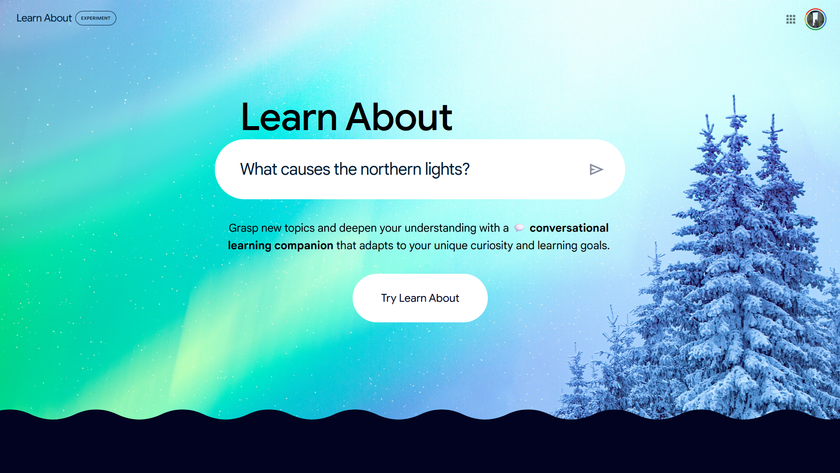Seven deadly SEO sins you must avoid
What not to do in your quest for that number one ranking

A well optimised website with rankings on prominent search engines (think Google and Yahoo) is the holy grail of internet marketing.
But how do you go about the process of search engine optimisation?
Whether you want to optimise your own website or appoint a specialist SEO agency to do the hard work for you, it's a road paved with pitfalls, false hope and plain lack of direction.
Sometimes what you do wrong is every bit as important as what you do right. Make sure your search engine optimisation gets off on the right foot (and stays on the straight and narrow) by avoiding these seven SEO sins.
1. Putting search engines before users
Optimisation is the process your website undergoes in order to help it achieve the best possible listings. The reason for hankering after a number one ranking? To attract targeted traffic. It's therefore surprising how many websites forget about their human users in the quest for search engine success.
Cramming as many keywords as possible into each page may yield short-term SEO results but is guaranteed to turn off human eyes. Well-written content is much more likely to result in a sale and win over the search engine web bots.
2. Link spamming
Link spamming sees the website chasing after as many links as possible, often using spurious excuses to answer forum questions or social media discussions in order to build external links. The reality here is that the links gathered are of little relevant use and no commercial value. Search engines rate links based on the authority of the sites they come from, so using link-spamming techniques actually devalues the site's authority.
Get daily insight, inspiration and deals in your inbox
Sign up for breaking news, reviews, opinion, top tech deals, and more.
A much better policy is to use time that would have been spent harvesting poor quality links for a more strategic campaign. By focusing link-building efforts on relevant sites, optimisation activities will also target the desired demographic.
3. Disregarding link text
The anchor text of the link should be written as carefully as possible. Search engines such as Google can use anchor text as an indicator of internal links (links from one page of the site to another). Unimaginative anchor text such as 'click here' also does little to add value to the user experience.
4. Not tracking progress
It's impossible to assess just how effective SEO activity is if there's no record of the starting point. Tracking is an often forgotten stage of SEO, with many people thinking the best measure of progress is simply improved organic listings. Not so. The number of sales and new search inclusions are all-important metrics indicating the success (or otherwise) of the SEO strategy. A reliable and regular report detailing these factors can be used to decide on any necessary changes in direction and assess the impact of such new activity.
5. Choosing the wrong keywords
Some SEO companies propose guaranteed listings for obscure keywords, showing just how easy it is to generate page one rankings for terms with little competition. But keywords involving product names and numbers are of little use in a strategic optimisation programme. Optimisation for 'flatscreen TV' would be a good goal for a company selling flatscreen TVs. Optimisation for 'Sony Flat Screen AB 123356BBBB' would not.
6. Overlooking accessibility
Website accessibility is a critical consideration – making your website navigable to all users regardless of disability or visual impairment. The Disability Discrimination Act 2004 is an essential guideline for any UK-based website. Making link text as descriptive as possible is a part of this, but accessibility goes much further with actions such as introducing relevant Alt and Title tags compliant with WC3 guidelines.
7. Not planning your SEO strategy
Planning a useful campaign is very much like planning a journey. One of the common mistakes made by newcomers is to be overtaken by enthusiasm and neglect to map out points of interest along the way. Rather than focusing on the end goal, set short-term objectives that are signposts towards the elusive page one ranking.
-------------------------------------------------------------------------------------------------------
First published in .net Magazine, Issue 183
Now read The ultimate guide to testing your website
Sign up for the free weekly TechRadar newsletter
Get tech news delivered straight to your inbox. Register for the free TechRadar newsletter and stay on top of the week's biggest stories and product releases. Sign up at http://www.techradar.com/register
















